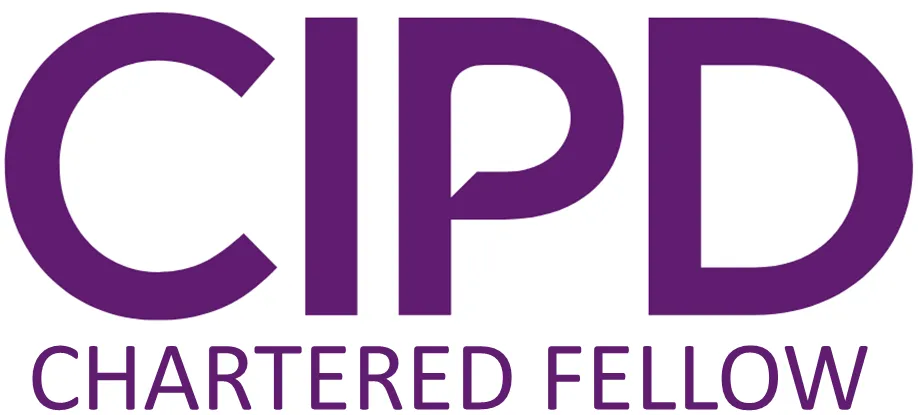Read Our Latest Blogs

Supporting Mental Health At Work
“Between 2013 and 2022, two million more disabled people joined the UK workforce.” - ONS figures
With one in four people in England experiencing a mental health problem each year – many of which will meet the Equality Act 2010 definition of disability and require reasonable adjustments.
Between 2013 and 2022, two million more disabled people joined the UK workforce. The Office of National Statistics (ONS) figures show that a mental health condition was given as a reason for absence in 7.9% of absences in 2022, which equates to roughly 18.5 million sickness days in 2022. As a result, many more employers therefore have had to get to grips with their duties under the Equality Act to make reasonable adjustments in the workplace to remove or reduce any disadvantages created because of a disability.
The charity Mind reports that 1 in 4 will experience a mental health problem each year in England, some of which will meet the Equality Act definition of disability and require reasonable adjustments. Croner-I employment law researcher and writer Stacie Cheadle explores the latest Acas guidance on workplace reasonable adjustments for mental health, and what it means for employers.
Disability and the duty to make reasonable adjustments
Mental health can be a disability under the Equality Act 2010, where it has a substantial and long-term effect on the ability to perform day to day tasks.
An employee may fit this definition at which point the employer has a duty under the Equality Act to make reasonable adjustments at work to remove or reduce any disadvantages faced as a result of the disability. These can include:
making changes to the building or premises
changing the way in which work is done
providing specialist or specific equipment
These adjustments must be reasonable, considering how:
effective it will be in helping them do their job
practical it is to do it
much disruption, if any, would be caused to the business or other people by making the adjustment
much, if at all, the adjustment would cost, while considering the size and resources of the company.
Acas have recently released guidance on reasonable adjustments for mental health in the workplace that will be of assistance to employers. This was created to help employees stay in work whilst recovering from or managing a mental health condition.
They recommend following this guidance even where employees are not disabled under the Equality Act as “…simple changes to a person’s working arrangements or responsibilities could be enough to help them stay in work and work well”. (Acas guidance).
Acas also offers guidance to employers in managing employees with reasonable adjustments for mental health, in recognition of the fact many line managers may not feel comfortable addressing this. Employers should therefore support managers in supporting employees. This should be on the need to be flexible and provide ongoing support, and not expect improvements immediately or consistently, as mental health conditions can fluctuate in their severity, the need to be open to trying different approaches until something is found that works, along with regular check-ins.
Seeking external support should also be encouraged, where appropriate. If the employer has an employee assistance programme, then counselling and guidance may be available through that. An occupational health review could also help identify reasonable adjustments. There may also be charities and other organisations that are able to assist in helping this employee to stay in work.
In conclusion, the key is equipping managers with the tools to support staff. Attached you will find a checklist to help guide you through your consideration of reasonable adjustments.
It’s a difficult time for all parties, so do get in contact to talk through any team issues you have. We also have our monthly HR Surgery, Solve and Thrive happening the 3rd Monday of each month at 12:30 – come and join us and discuss your people management issue, find a solution to navigate your way forward and collaborate with other people managers to thrive even more.












